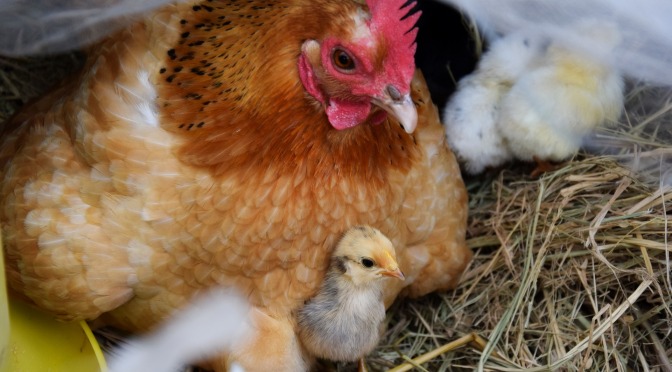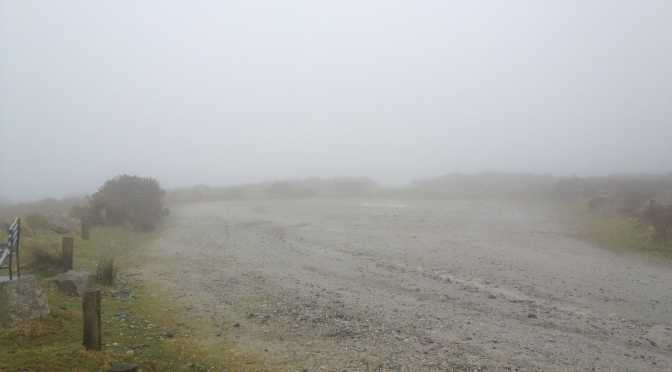This week, the hit series The Traitors returned for it’s second UK series. It’s described as an ultimate murder mystery game, where more than 20 people compete in challenges to add money to the prize pot, and try to live to the end of the game to win the money.
The twist – among the contestants, are the faithful – and the traitors. The faithful meet at the round table each day for banishment – voting out who they think is a traitor. Then, each night, the traitors meet to decide which faithful they will murder.
Early on in episode 2 of series 2, while gathering at breakfast, Charlie, one of the contestants is talking about how she dealt with her first night wondering who would be murdered, and says:
“cos I’m a Christian and I’m like please (puts her hands together in prayer). I mean, I don’t know whether God watches the traitors”
Another contestant, “I’m sure he does, or she.”
Episode 2, Series 2, The Traitors UK
Hearing that conversation has set my mind thinking.
The Traitors, with its treachery and deceit, isn’t the sort of place I would naturally expect to find a Christian – but perhaps that’s my own unconscious bias talking. So where is God in all this? Does God even have time to watch TV? Does God watch The Traitors?
Given how much the games is actually about power, influence and deceit – it is perhaps not the sort of thing I would intially expect God to want to watch. The Traitors is a game about winning money, and players are there because they want to win that prize. It is a programme that tests players, seeing what lengths they will go to to win. In that light, it is about materialism and greed.
But it also a programme about people’s positions power and influence among the group.
The only thing a faithful player knows, is that they are faithful. So as players try to work out who are the traitors, they have no idea who to trust – or how much. They may try to work with others. They may build alliances. They may plant seeds of doubt in one another minds. But those relationships are always fragile – for players also, know that those with whom they consult and collaborate might actually be traitors themselves, and could end up using those conversations against them. Alliances don’t tent to last long.
The traitors, they known who is a traitor, and who is faithful. In that they have an upper hand – but that doesn’t mean it is easy for them.
They have to carefully calculate ways to influence the group, where to thrown subtly suspicion, where to keep ion the background, where to take a lead. And when it comes to their night-time murdering in traitor tower, they have to carefully analyse their best choices of who to kill off – mindful that each morning, remaining players will analyse who has been killed off as a potential clue to who the traitors are. If they are not careful, a traitors own treachery could be their downfall.
So ultimately, The Traitors is quite an unhealthily place. Where trust, if existent at all, is fragile. Where deceit is abounding. Where treachery is never far away. And all that is a long way from the sort of community God wants humanity to live in.
So for me, there is an element of watching the Traitors that teaches me what sort of community God calls me to live in, by presenting an opposite. It is nothing like the post-Pentecost community we find in Acts 2, where generosity, togetherness and shared life together are characteristics of the community of believers. The Traitors shows the damage that happens when a community is plagued with suspicion and treachery and selfish use of infleunce and power.
Surely God doesn’t want to watch that.
yet, as I watch The Traitors, I also see a game that demonstrates the importance of relationships. It shows that without trust, relationships are often superficial and fragile. It shows how hard it can be to live in community with others, and work with others, when trust is lacking or absent. It shows human diversity in the different personalities, approaches and responses players make.
The show as we watch it, is inevitably influenced by it’s producers and editors, alongside what I think is a brilliantly played protagonist role by Claudia Winkelman. But I find the way the programme tells stories of individuals tussling with choices fascinating, as players wrestle between selfishness or selflessness, truth and lies, friendship and suspicion, trust and distrust.
Players are not just playing a game, they are living this game, and as time goes on and relationships strengthen and deepen, those choices get harder. While not extensively unpacked, there are hints of how such intense environments impact on individuals anxieties and mental health – espeically when genuinely faithful people are suspected as traitors, or the traitors themselves choosing to deceive or cross people with whom they have build relationships.
While remembering this is a game show, a humanly constructed environment and to some extend a directed community – it is still a community – a community where people show real emotions and real struggles with trust and truth.
So, does God watch The Traitors? Who knows, but i don’t think that is actually the important question. Not for me anyway.
For me, the question is: Is God speaking to me as I watch the Traitors? And to that, my answer is a resounding yes.
Because as I watch, I find myself challenged to think afresh about what healthy community looks like. Reminded of the importance of trust for a flourishing community, of the negative impact the selfish use of influence and power can have. Of the imapct of my personal choices on others.
I am not living in the midst of a murder mystery game – but I do live in community. Community where relationships matter. Community where I, and the people I meet, are also living with the real struggles of life, of truth, of trust.
The Traitors is challenging afresh to reflect on my life, my relationshiops, my interactions with others. That who I am, how I behave, how I utilise the power and infleunce I have, will be, not for my glory – but the glory of God.
Header Image: The Traitors UK logo, sourced from http://www.bbc.co.uk.
More about The Traitors: https://www.bbc.co.uk/programmes/articles/2xRtJpWRbKcwPdXs7bZnxxH/the-traitors-how-the-show-works






